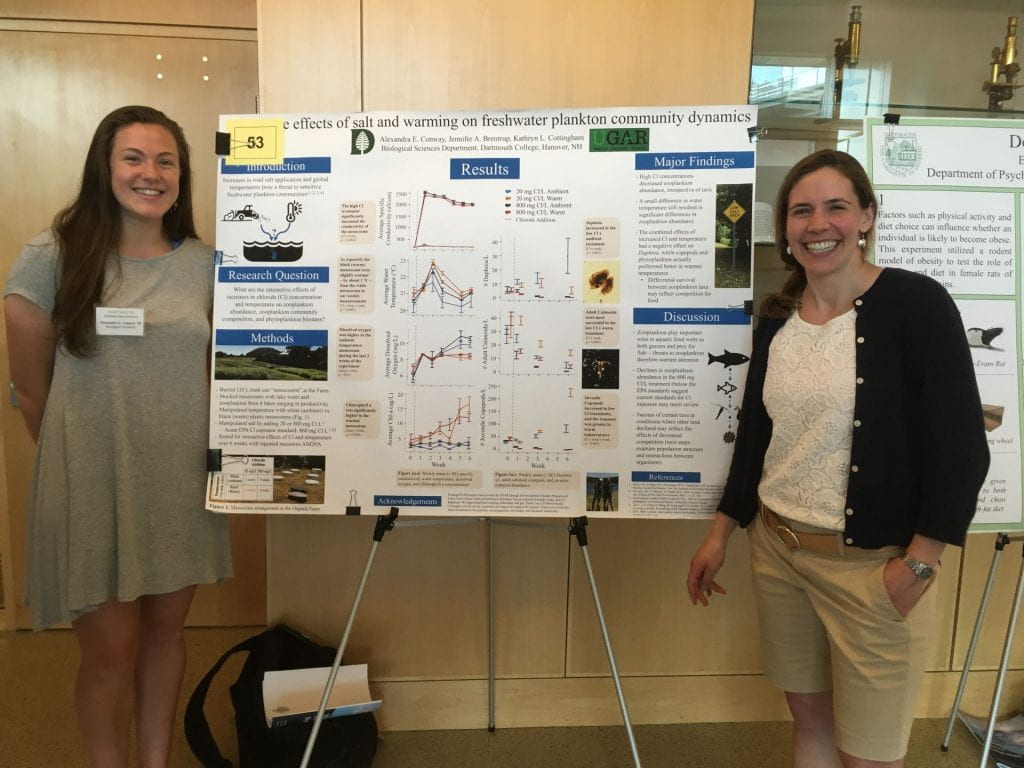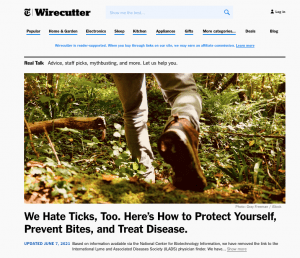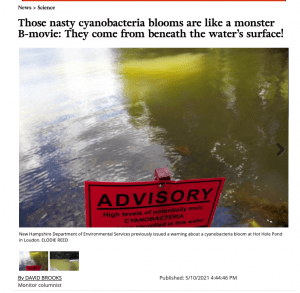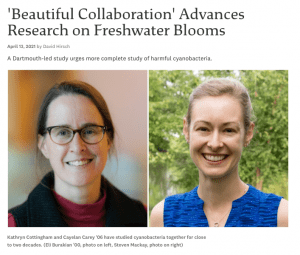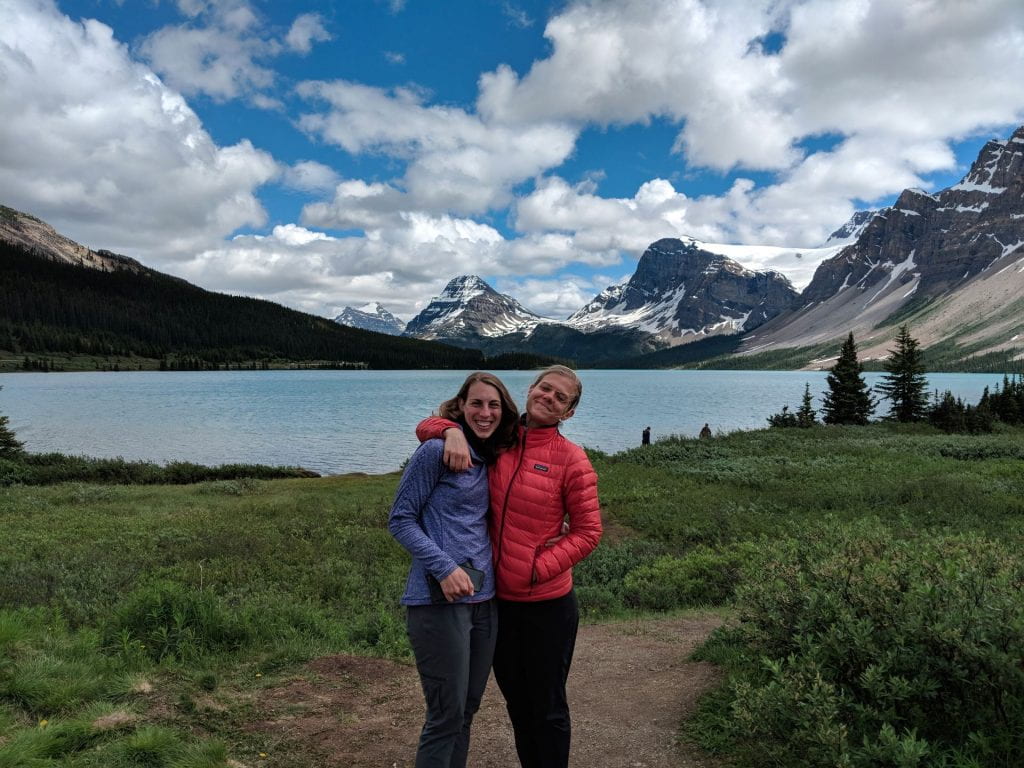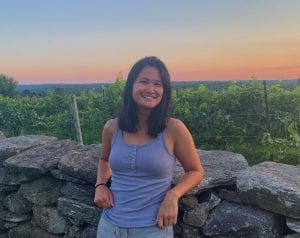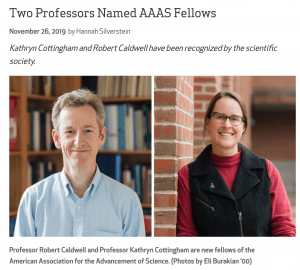PhD Assistantship in Aquatic Ecology/Limnology
We seek a Ph.D. student to begin in summer or fall 2021 as part of an NSF-funded big data project, “Computational Methods and Autonomous Robotics Systems for Modeling and Predicting Harmful Cyanobacterial Blooms”. The student will be based in the Cottingham lab at Dartmouth and enroll in the Ecology, Evolution, Environment and Society (EEES) graduate program. The research team spans six institutions (Dartmouth, University of New Hampshire, Bates College, Colby College, University of Rhode Island, and University of South Carolina) and includes expertise in big data, ecology, environmental science, instrumentation, and robotics. We are also partnering with local lake associations and community scientists, including the Lake Sunapee Protective Association, and will also be recruiting two new postdoctoral researchers (one at Dartmouth and one at Bates) over the next few months.
Our overarching goals are to use ‘big data’ generated by new tools and technologies to enhance our ability to predict development of harmful cyanobacterial blooms (HCBs). While the ultimate causes of HCBs are well-understood, identifying the proximate triggers of these events and forecasting incipient blooms are still major challenges. We are testing the hypothesis that increasing the spatial and temporal resolution of the available data, and providing more real-time and near-real-time data integration, improves bloom predictability across eight focal lakes that differ in size, trophic status, and bloom history.
We are looking for a PhD student to advance the limnological aspects of this project by:
- Participating in team-driven field sampling; sample processing in the laboratory; and data entry, management, analysis, and synthesis. We intend for these contributions to be sufficiently meaningful to result in authorship on manuscripts led by other team members.
- Taking the lead on 1-2 manuscripts that are (or will be) mapped out as collaborative projects under the umbrella of the broader research project.
- Developing and taking the lead on their own project that results in 1-2 additional manuscripts connected to the overall project goals in some way.
As part of an interdisciplinary team environment that includes researchers from many different career stages, backgrounds, and institutions, the student will also:
- Develop skills in collaboration and team science
- Work with our partners in community-based non-governmental organizations
- Communicate science to non-scientists
- Travel to participating institutions to learn new skills and see different types of lake ecosystems (once it’s safe to do so)
- Mentor undergraduate students. (In addition to project resources allocated for undergraduates, Dartmouth provides generous support for undergraduate students to engage in research).
- Build expertise in teaching and learning through teaching assistantships and attending sessions led by the Dartmouth Center for the Advancement of Learning (DCAL)
The specific area of interest for this student is open, so long as it falls within the project scope. Areas of particular interest to the study team include, but are not limited to:
- Using sensor-based measurements from buoys, robotic platforms, drones, and/or remote sensing, in conjunction with ‘classic’ limnological sampling, to ask and answer interesting limnological or ecological questions, within and among study lakes
- Comparing predictions of blooms derived from mechanistic models (e.g., the General Lake Model coupled with the Aquatic Ecosystem Dynamics modules, GLM-AED) to fully empirical models derived from machine learning and/or statistical models
- Evaluating the extent of horizontal and vertical spatial heterogeneity in water quality metrics or plankton community structure & determining the impact of this heterogeneity on our ability to forecast water quality, including blooms, across space and time
- Extending sensor networks into surrounding watersheds to determine the impacts of anthropogenic activity (e.g., road salt) on lake food webs or water quality metrics
- Testing ecological theory (e.g., regarding early warning indicators)
- Evaluating signals of climate change in existing long-term data sets and/or testing for impacts of climate change in manipulative mesocosm experiments
Funding
The Dartmouth Ecology, Evolution, Environment, and Society (EEES) graduate program guarantees all accepted students a year-round stipend plus health insurance for five years. This position includes an NSF-funded research assistantship (RA) plus EEES programmatic support in exchange for serving as a teaching assistant (TA) for one or two 10-week quarters each year. EEES TA positions are assigned based on student interest and expertise, build capacity in teaching and leadership, and offer opportunities to meet potential undergraduate assistants.
Requirements and Qualifications
Beyond a strong interest in the overarching project, applicants should:
- Have a Bachelor’s degree in a relevant field by June 2021. Post-baccalaureate experience or a Master’s degree in a relevant field is strongly preferred.
- Be comfortable learning outside of classroom situations.
- Highlight any relevant experience in (1) field sampling or laboratory processing of samples from aquatic ecosystems; (2) computer programming (in any language), statistics, and data analysis; (3) data wrangling, database management, and version control; (4) remote sensing, including drones; (5) robotics; and (6) any other fields that may be relevant to advancing the broader project aims.
- Have a valid driver’s license or be willing to obtain one, since the Hanover, NH, area is rural and the nearest study sites are a 30-45 minute drive away. A vehicle will be provided for all project-related field work.
- Be comfortable around water. No previous experience is necessary, but willingness to learn how to swim and snorkel, pilot a canoe or kayak, or drive a motorboat is helpful.
To ask questions, learn more about the position or project, or receive a link to the application form, please email Kathy Cottingham at kathryn.l.cottingham AT dartmouth.edu.
Applications will be reviewed beginning on November 9, 2020, so please submit before then for full consideration. Selected applicants will then be contacted for phone or Zoom interviews later in November, ahead of the formal EEES application deadline on December 1, 2020.
